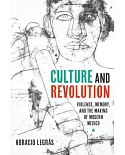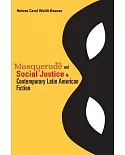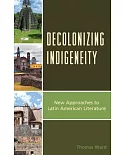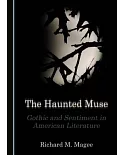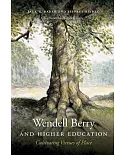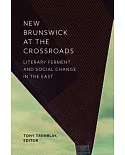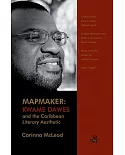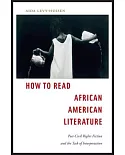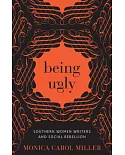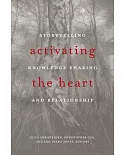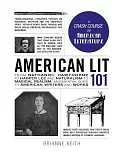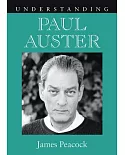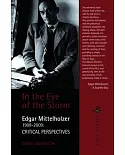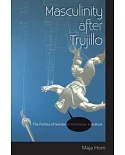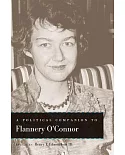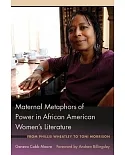Thomas Pynchon's 1997 novel Mason & Dixon marked a deep shift in Pynchon's career and in American letters in general. All of Pynchon's novels had been socially and politically aware, marked
by social criticism and a profound questioning of American values. They have carried the labels of satire and black humor, and "Pynchonesque" has come to be associated with erudition, a playful
style, anachronisms and puns -- and an interest in scientific theories, popular culture, paranoia, and the "military-industrial complex." In short, Pynchon's novels were the sine qua non of
postmodernism; Mason & Dixon went further, using the same style, wit, and erudition to re-create an 18th century when "America" was being formed as both place and idea. Pynchon's focus on
the creation of the Mason-Dixon Line and the governmental and scientific entities responsible for it makes a clearer statement than any of his previous novels about the slavery and imperialism
at the heart of the Enlightenment, as he levels a dark and hilarious critique at this America. This volume of new essays studies the interface between 18th- and 20th-century culture both in
Pynchon's novel and in the historical past. It offers fresh thinking about Pynchon's work, as the contributors take up the linkages between the 18th and 20th centuries in studies that are as
concerned with culture as with the literary text itself. Contributors: Mitchum Huehls, Brian Thill, Colin Clarke, Pedro Garcia-Caro, Dennis Lensing, Justin M. Scott Coe, Ian Copestake, Frank
Palmeri.Elizabeth Jane Wall Hinds is Professor and Chair of the English Department at SUNY Brockport.


